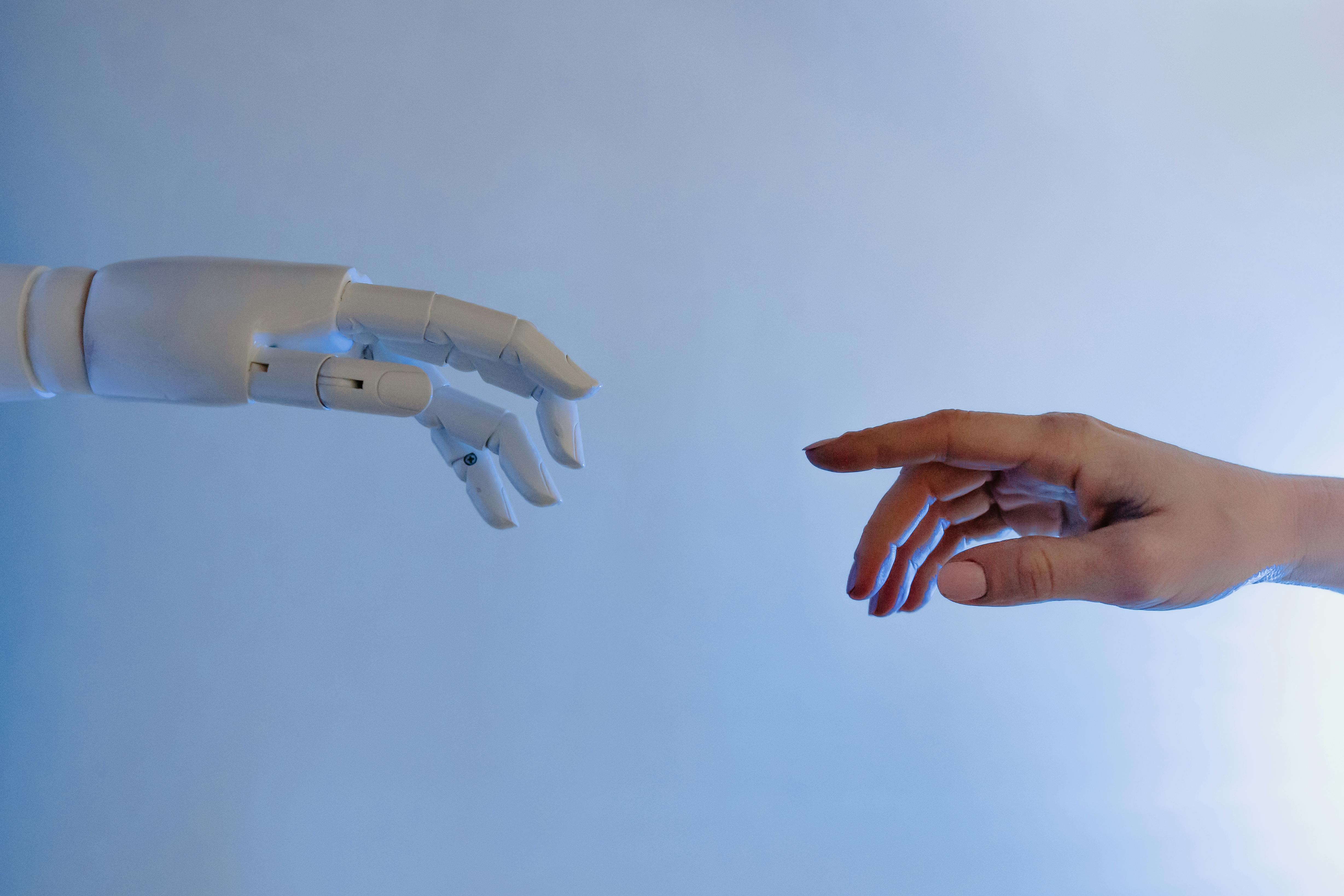What is the Difference Between BPM and AI?

Business Process Management (BPM) and Artificial Intelligence (AI) are both powerful forces driving business transformation, and they are increasingly used together. However, they are fundamentally different disciplines with distinct goals and approaches. Understanding the difference is crucial for leveraging both effectively.
At a Glance
- BPM: Focuses on defining, optimizing, managing, and automating the flow of work (processes) across an organization for efficiency and effectiveness.
- AI: Focuses on creating systems that can perform tasks typically requiring human intelligence, such as learning, reasoning, perception, decision-making, and language understanding.
Core Differences Explained
1. Primary Focus: Workflow vs. Intelligence
- BPM's Focus (): The primary concern of BPM is the process itself. How does work flow from start to finish? Who does what? How can the sequence of steps be improved, streamlined, monitored, and controlled? It deals with the orchestration of tasks.
- AI's Focus (): AI is concerned with enabling machines to exhibit intelligent behavior. How can a system learn from data? How can it make predictions? How can it understand language or images? How can it make complex decisions? It deals with the cognitive capability within tasks or systems.
2. Methodology & Approach
- BPM Methodology: Typically involves a structured lifecycle approach: process discovery, modeling (e.g., using BPMN), analysis, redesign, implementation (often via workflow engines or automation platforms), monitoring (KPIs), and continuous optimization. It's often about standardization and control. (See Types of BPM).
- AI Methodology: Involves data collection, feature engineering, model training (using algorithms like deep learning, decision trees, etc.), evaluation, deployment, and ongoing monitoring for performance and drift. It's often about pattern recognition and probabilistic prediction.
3. Role in Automation
- BPM Software (): Provides the platform to execute and manage the automated workflow, route tasks, manage exceptions, provide user interfaces, and connect different steps or systems.
- AI (): Provides the intelligence within specific steps of that automated workflow. It makes decisions, interprets data, or generates content that the BPM software then acts upon or routes. We explored this in Does AI use software?.
4. Nature of Output
- BPM Output: Optimized process flows, documented procedures, automated workflows, performance dashboards, efficiency gains, reduced cycle times.
- AI Output: Predictions, classifications, recommendations, generated text/images/code, anomaly detection alerts, insights derived from data.
An Analogy: Building a Smart Factory
- BPM designs the assembly line: the layout, the sequence of stations, how parts move between them, quality checkpoints, and overall workflow management software.
- AI powers specific stations on the line: a robotic arm using computer vision to inspect parts for defects, a system predicting when maintenance is needed, or an algorithm optimizing the flow rate based on real-time sensor data.
Complementary, Not Competing
The key takeaway is that BPM and AI are not competing approaches but highly complementary ones. AI can dramatically enhance BPM initiatives by automating more complex tasks and providing deeper insights for optimization. Conversely, BPM provides the essential framework for deploying, managing, and governing AI within structured business operations, ensuring that AI-driven actions align with business goals and processes. The synergy was explored in What is BPM in AI?.
Conclusion: Structure Meets Intelligence
In essence, **BPM provides the structure, orchestration, and management framework for how work gets done, while AI provides cognitive capabilities to enhance specific tasks or decisions within that structure.** BPM is about the flow, AI is about the smarts within the flow. Understanding this distinction allows organizations to strategically combine the discipline of process management with the power of artificial intelligence to achieve truly transformative results.
Successfully combining BPM and AI requires a holistic view. DataMinds.Services offers integrated expertise in both business process management and artificial intelligence solutions.
Team DataMinds Services
Data Intelligence Experts
The DataMinds team specializes in helping organizations leverage data intelligence to transform their businesses. Our experts bring decades of combined experience in data science, AI, business process management, and digital transformation.
More Articles
Leveraging Both BPM Discipline and AI Power?
Understand the distinct roles of BPM and AI and how they combine for maximum impact. DataMinds Services provides expertise in integrating AI with robust process management frameworks.
Integrate Process & Intelligence
